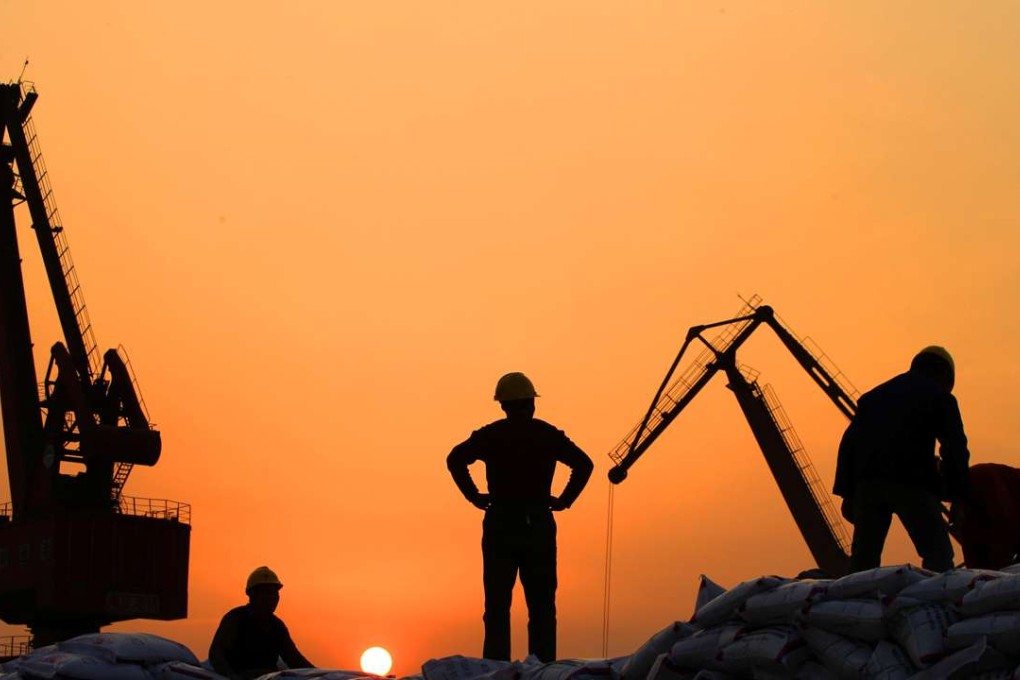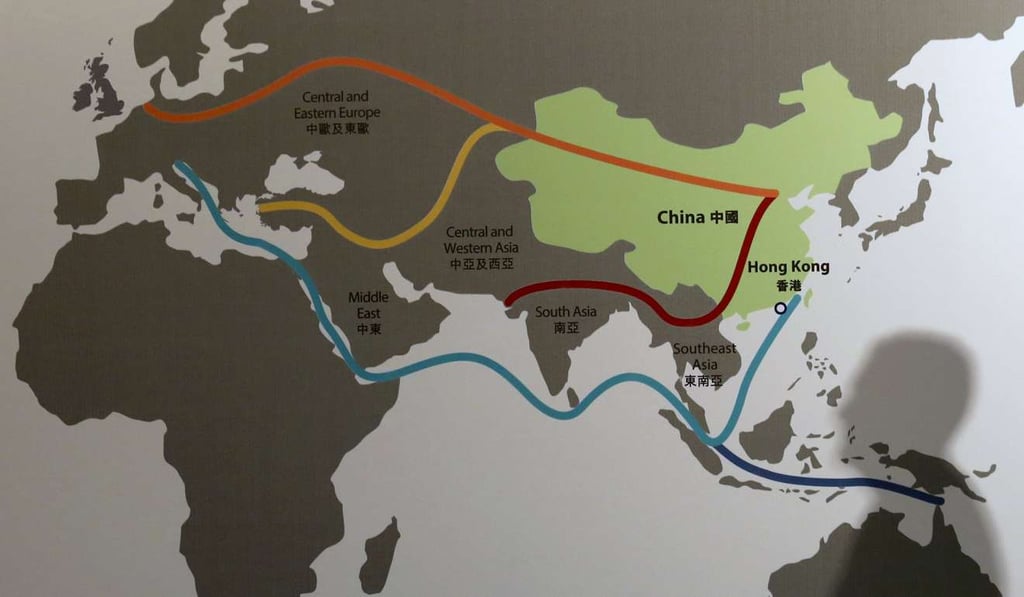Crucial to success of China’s ‘One Belt’ plan? A little reciprocity, say experts
Beijing wants to create an investment umbrella covering dozens of nations, but if Chinese companies are given preference in projects, the strategy will fail, forum hears

China’s push to create new trade and infrastructure links through its “One Belt, One Road” initiative will be hampered by Beijing’s reluctance to open up investment for foreign companies, according to experts.

Launched in 2013, Xi’s programme calls for billions of dollars to be ploughed into new railways, ports, and energy projects in 65 countries. China has invited leaders from more than 20 countries to a summit on the plan it is hosting in May and hopes will be larger than the G20 meeting held in Hangzhou last year.
John Farnell, a former director at the European Commission, said China would need to clearly spell out the investment opportunities for companies if it wanted other nations to participate. Fair, open bidding on contracts is a must.
“If China’s vision of ‘One Belt, One Road’ is an extension of what happened in its domestic market, then there probably will not be a lot of space for European participation,” said Farnell, who managed the EU’s policy dialogue with China before retiring in 2012.